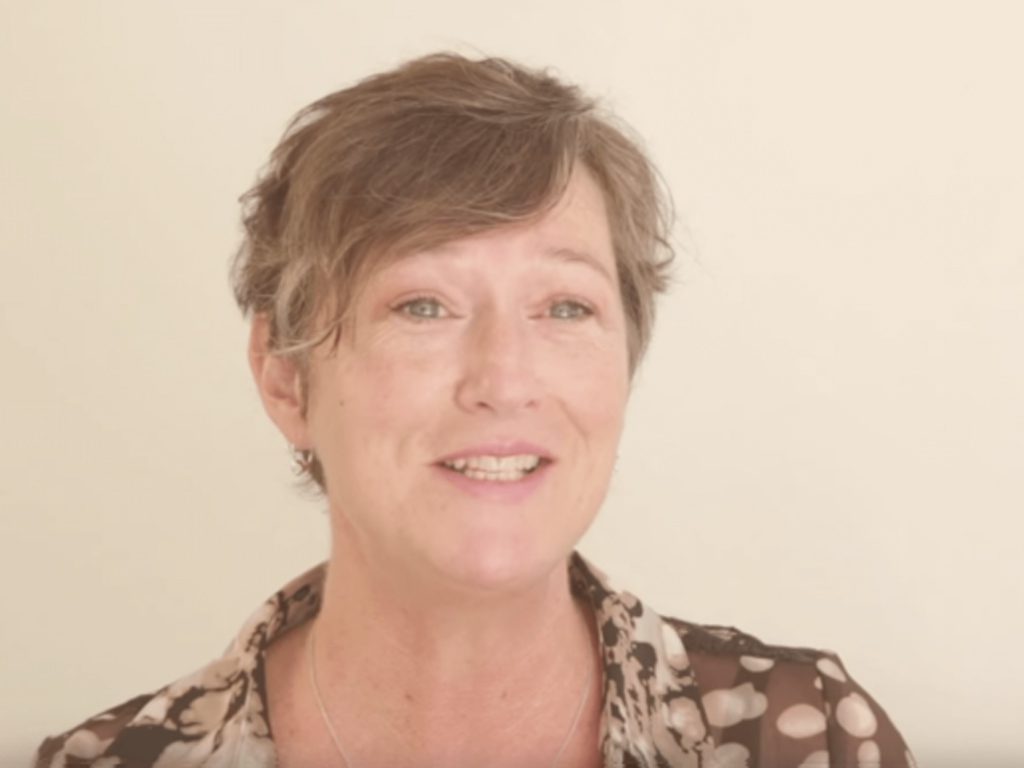When You Give A Baby Up For Adoption, You Are Not Giving Up
You are not giving up if you make an adoption plan! Adoption has changed a lot over the past thirty years from closed adoption to open adoption. However, the language of giving a baby up has not changed, and this is a problem. In the “old days,” when a young single woman became unexpectedly pregnant, her family might have forced her into hiding until the baby was born. These young women were powerless. Women were forced to give their babies up for adoption. Many adoptees didn’t know they were adopted. To say that these babies were given up for adoption may very well be accurate, but adoption is different now in many ways. The language we use to describe open adoption must also change.
Open Adoption is now an option.
Today, women have choices when facing an unplanned pregnancy, and adoption is just one of those options. For many women who are not prepared to parent, open adoption is empowering. There has been a fundamental shift in attitudes toward unplanned pregnancy and also adoption. As a result, openness about adoption is more the norm:
- Modern society doesn’t look down on sex before marriage and unplanned pregnancies.
- The media and entertainment industries have made open adoption mainstream and more commonplace.
- News headlines and social media abound with positive stories about adoptees reuniting with their birth parents.

Adoption language has changed from giving up to “adoption planning” and “adoptive placement.”
Giving a baby up for adoption is no longer an accurate way to describe most adoptions. Women are now making proactive adoption plans for their babies. This is very different from the old days of closed adoptions for many reasons:
- Women carefully choose and get to know potential adoptive parents.
- Hospital staff know about the adoption plan and provide support.
- Adoptees and birth parents stay in contact with each other so birth parents can watch their children grow and thrive.
- Contact agreements between the parties are now commonplace.
Adoptees care about this language too
Because of this shift to open adoption, many birth parents feel that the language of giving up doesn’t describe their adoption story. For many birth mothers, the language of planning and placement describes their experiences better. Many adoptees don’t feel their birth parents “gave them up.”
- Many adoptees have open and healthy relationships with both their birth and adoptive parents. Adoptive parents provide loving, nurturing homes and are frequently very open with their children about their child’s adoption story.
- Describing these families with the language of giving up suggests a failure on the part of the birth and even the adoptive parents. It implies that no birth mother makes a proactive and loving choice for her child, but simply gave up without a second thought.
- It can also be hurtful language to an adoptee whose life story begins with a negative, even shameful implication that the he/she was given up by the biological parents. For many adoptees, this isn’t true.
Adoption isn’t perfect. It would be naïve and inaccurate to suggest that every adoption goes well and has a happy ending. For many, the old language still works and, sadly, still fits. But for the many who look upon their adoption journey with peace, hope and love, this new language of planning and placement better describes their stories.

